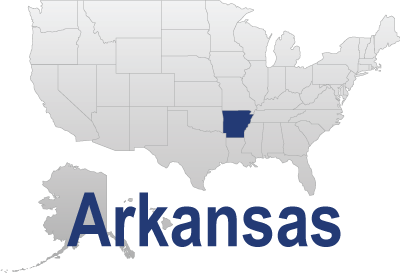Mickens v. State, 2020 Ark. App. 280, 2020 Ark. App. LEXIS 307 (Apr. 29, 2020)
Here, Officer Collins testified that he was still in the process of writing appellant’s warning ticket when Detective Robertson arrived with Zeke. Therefore, the legitimate purpose of the stop had not ended when Zeke alerted on appellant’s vehicle. Once Zeke alerted on the vehicle, there was no additional suspicion needed for the vehicle to be searched.[15] And to the extent that appellant attempts to argue that there was no reasonable suspicion to allow the dog to sniff the exterior of the car, this argument also fails. According to our case law, if police have probable cause to detain a vehicle, no separate suspicion is required to conduct a canine sniff.[16] The use of a drug dog during a traffic stop does not constitute an illegal search under the federal constitution. Where there is no search within the meaning of the Fourth Amendment, no reasonable suspicion is necessary to justify having a dog smell an individual’s vehicle.
Accordingly, Officer Collins had probable cause to stop and detain appellant’s vehicle, and we hold that any pretext on the part of Officer Collins is irrelevant and that no additional cause was needed to justify the canine sniff that took place prior to the conclusion of the legitimate purpose of the stop. We also hold that the dog’s alert on appellant’s vehicle provided the probable cause necessary to search appellant’s vehicle. Therefore, the court did not err by denying appellant’s motion to suppress.





